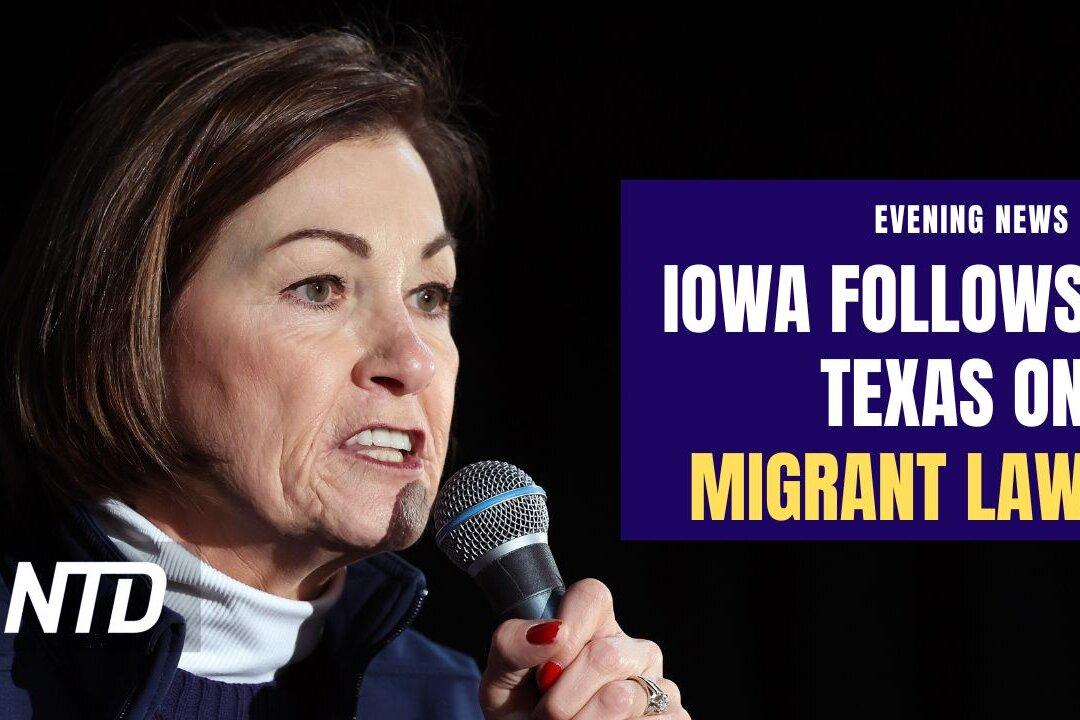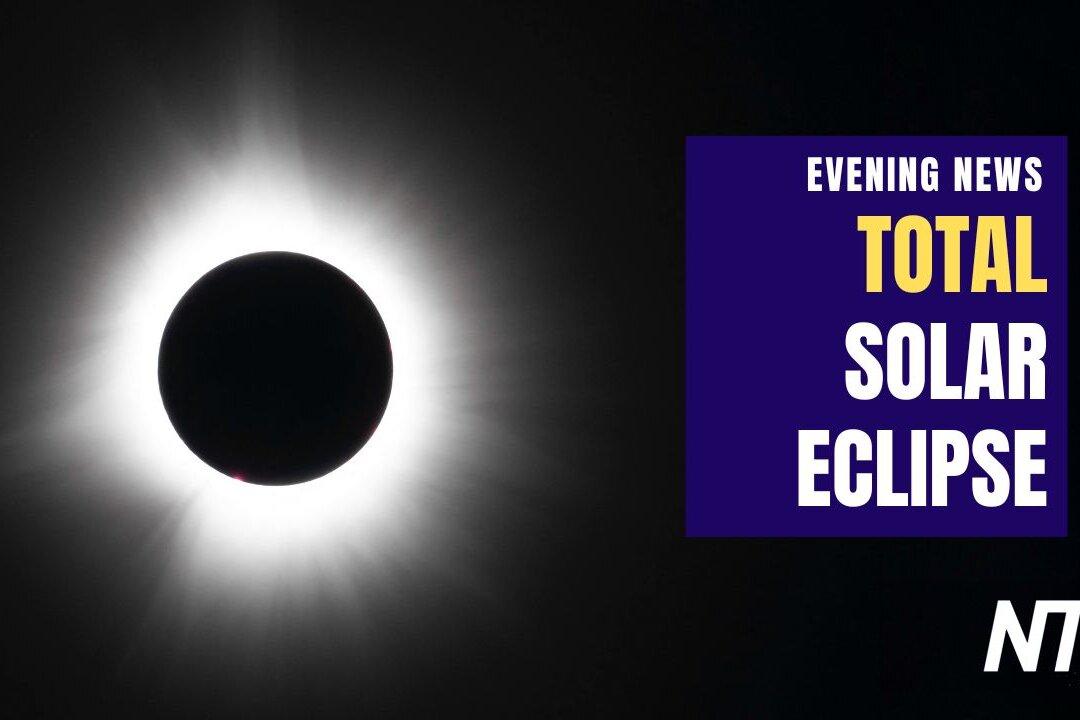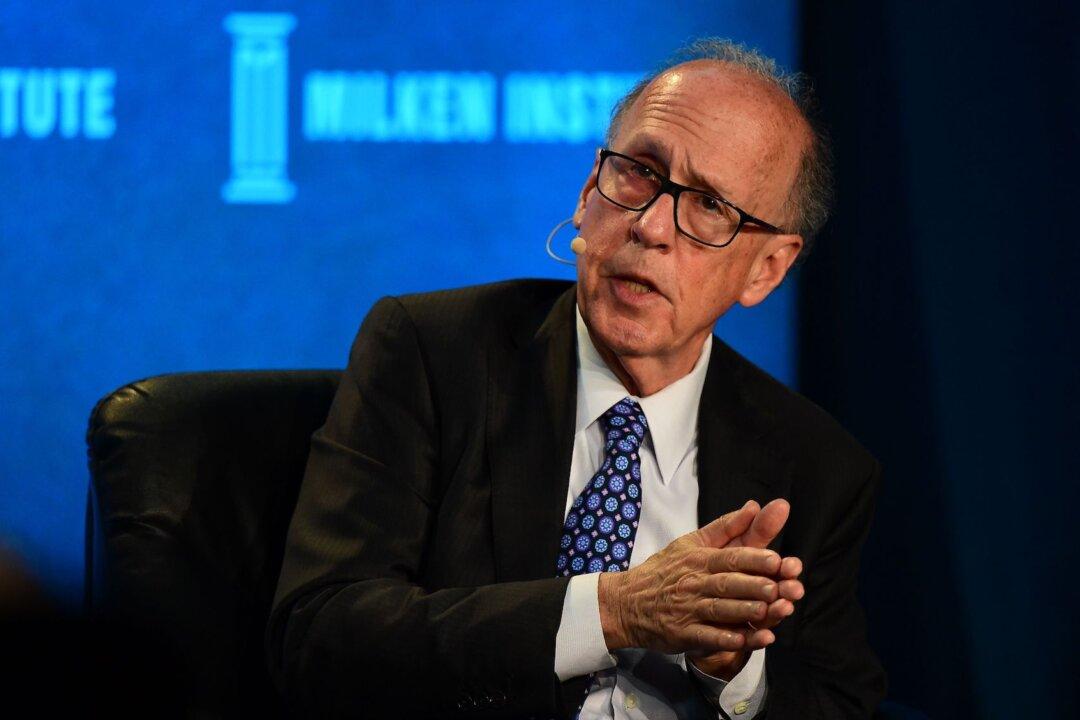New suspensions were issued by Interior Secretary Salazar on July 12 regarding deepwater drilling operations in the Gulf.
The previous 6 month moratorium deepwater drilling had been halted by U.S. District Judge Martin Feldman in June as reported by the Epoch Times. Louisiana Gov. Bobby Jindal had filed a brief on June 21 with the U.S. District Court for the Eastern District of Louisiana asking the court to end the moratorium on offshore drilling.
Despite a federal appeals court’s opposition against the new moratorium, the Justice Department said the case may be dismissed because the original moratorium was blocked, reported the Associated Press.
In the decision memorandum concerning the moratorium, Salazar proposed that the Bureau of Ocean Energy Management (BOEM) should suspend drilling of wells using “subsea blowout preventers (BOPs) or surface BOPS on a floating facility,” with certain exceptions.
Suspensions do not apply to drilling to in cases of emergencies, such as any drilling operations related to the BP oil spill.
The suspensions were issued, according to the memorandum, because additional deepwater drilling can cause “serious, irreparable, or immediate harm to life, to property, or to the marine, coastal, or human environment,” with the BP oil spill as key evidence.
There is no longer a depth limit in the proposed moratorium, but industry groups claim that the suspensions are equally as restrictive to all drilling activity.
“The suspensions do not apply to anchored facilities using surface BOPS. Such facilities are generally used in shallow water, which makes the new suspension glaringly similar, if not even more restrictive than the original moratorium,” stated the National Ocean Industries Association.
“The practical effect is that whether you call this a suspension or a moratorium, there is no clear path for deepwater exploration companies to follow, and until such a path exists, exploration is at a standstill and more jobs will be lost,” said NOIA Chairman Burt Adams. “If it looks like a moratorium, acts like a moratorium, and the effect is the same as a moratorium, it is a moratorium.”
U.S. senator Mary L. Landrieu stated on her website that the moratorium “ignores the history of oil and gas operations in the Gulf,” which has been clean before the BP oil spill.
In the memorandum, Salazar stated that although he is “aware of the impact of the decision on rig workers and those who support them” and that “the safety record for deepwater drilling has been good,” measure must be taken because deepwater drilling accidents like the BP oil spill can have a “profound, devastating impact on the economic and environmental health of an entire region.”
The suspensions are expected to end on November 30. Salazar reasoned that the suspension period is necessary for acquiring additional information about the causes of the BP oil spill and providing the industry time to develop more effective containment strategies. In addition, the nation has inefficient supplies and resources to deal with another spill if one happens.
He also stated that if the BOEM can assure “the safety, the containment, and response issues that have created the need for the suspension to be resolved,” the suspension can be lifted earlier than November. If investigations show signs of unexpected risks, the suspension could be prolonged.
During the time between November and the present, the government will continue to search for evidence to show the potential risks of deepwater drilling.
The previous 6 month moratorium deepwater drilling had been halted by U.S. District Judge Martin Feldman in June as reported by the Epoch Times. Louisiana Gov. Bobby Jindal had filed a brief on June 21 with the U.S. District Court for the Eastern District of Louisiana asking the court to end the moratorium on offshore drilling.
Despite a federal appeals court’s opposition against the new moratorium, the Justice Department said the case may be dismissed because the original moratorium was blocked, reported the Associated Press.
In the decision memorandum concerning the moratorium, Salazar proposed that the Bureau of Ocean Energy Management (BOEM) should suspend drilling of wells using “subsea blowout preventers (BOPs) or surface BOPS on a floating facility,” with certain exceptions.
Suspensions do not apply to drilling to in cases of emergencies, such as any drilling operations related to the BP oil spill.
The suspensions were issued, according to the memorandum, because additional deepwater drilling can cause “serious, irreparable, or immediate harm to life, to property, or to the marine, coastal, or human environment,” with the BP oil spill as key evidence.
There is no longer a depth limit in the proposed moratorium, but industry groups claim that the suspensions are equally as restrictive to all drilling activity.
“The suspensions do not apply to anchored facilities using surface BOPS. Such facilities are generally used in shallow water, which makes the new suspension glaringly similar, if not even more restrictive than the original moratorium,” stated the National Ocean Industries Association.
“The practical effect is that whether you call this a suspension or a moratorium, there is no clear path for deepwater exploration companies to follow, and until such a path exists, exploration is at a standstill and more jobs will be lost,” said NOIA Chairman Burt Adams. “If it looks like a moratorium, acts like a moratorium, and the effect is the same as a moratorium, it is a moratorium.”
U.S. senator Mary L. Landrieu stated on her website that the moratorium “ignores the history of oil and gas operations in the Gulf,” which has been clean before the BP oil spill.
In the memorandum, Salazar stated that although he is “aware of the impact of the decision on rig workers and those who support them” and that “the safety record for deepwater drilling has been good,” measure must be taken because deepwater drilling accidents like the BP oil spill can have a “profound, devastating impact on the economic and environmental health of an entire region.”
The suspensions are expected to end on November 30. Salazar reasoned that the suspension period is necessary for acquiring additional information about the causes of the BP oil spill and providing the industry time to develop more effective containment strategies. In addition, the nation has inefficient supplies and resources to deal with another spill if one happens.
He also stated that if the BOEM can assure “the safety, the containment, and response issues that have created the need for the suspension to be resolved,” the suspension can be lifted earlier than November. If investigations show signs of unexpected risks, the suspension could be prolonged.
During the time between November and the present, the government will continue to search for evidence to show the potential risks of deepwater drilling.






